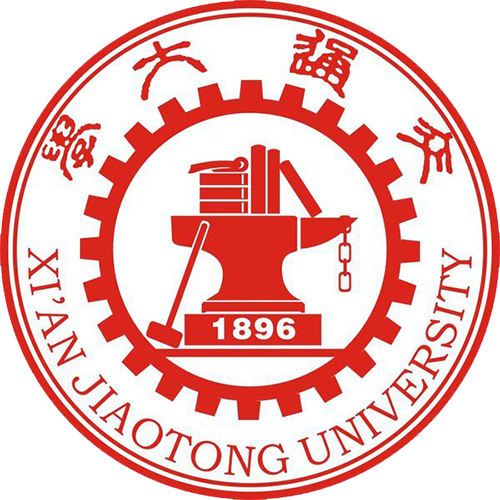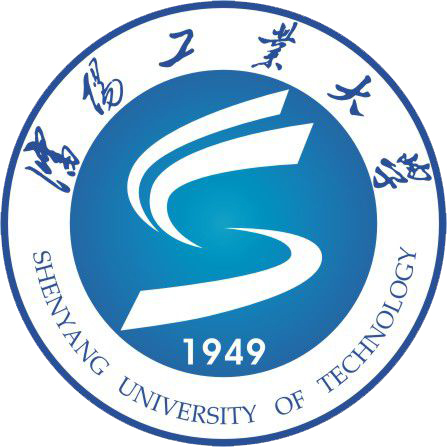
 Introduction
IntroductionFounded in Shanghai in 1896 as Nanyang Public, XJTU was renamed and relocated to Xi’an in 1956. It is one of the China's oldest institutions of higher learning and is under the direct jurisdiction of the Ministry of Education (MOE) in China. Xi'an Jiaotong University has extensive ties to the world of international scholarship and research. In addition, there are currently 1020 foreign students from 51 countries studying at XJTU.
 About the Program
About the ProgramIntroduction This degree programme combines the core elements of electronic engineering with those of computer science, to equip graduates with a detailed knowledge of both hardware and software development. What knowledge and skills will I acquire? By the time you graduate you should: 1. understand the fundamentals of computer science, electrical and electronic engineering 2. develop relevant knowledge and technical skills in mathematics, software engineering, design and management 3. be able to apply combined knowledge, skills and understandings effectively to investigate and resolve complex problems in research and industrial environments What are my career prospects? Typically, graduates of this degree are employed in electronic- and computer-equipment manufacturers, project consultancies, universities and research institutions. The quantitative and transferable skills you will acquire during your studies, mean that you could also pursue a career in a non-technical profession, such as banking, accountancy, management or law. The programme also provides a foundation for further graduate level study in engineering and computer science. What will I study? At level 1, you will learn about: 1. electrical circuits 2. engineering mathematics 3. Java programming 4. computer systems 5. digital and integrated electronics 6. databases, and 7. experimental methods in computing
At level 2, you will build on this foundation and also study: 1. microprocessor systems 2. analogue and digital communication 3. software engineering 4. instrumentation 5. control systems 6. continuous and discrete time signals In the final year, you will undertake a research project, spanning both semesters. Alongside the project, you will further develop your knowledge of communications, databases, computer systems and software engineering and you also learn about: 1. bio-computation 2. digital design, and 3. multi-agent systems or advanced web technologies
 About Xi'an Jiaotong University
About Xi'an Jiaotong University Accommodation
Accommodation|
Our university has two dormitory building for international students. There are four types of rooms: Single room (A), Double room (A), Single room (B), Double room (B).
(2) Medicine Campus:
|
||||||||||||||||||||||||||||||||||||||||||||||||||||||||||||||||
Food
There are 16 main canteens in the campus, including most kinds of food in China. International students can dine at various canteens. There is a canteen on the 4th floor of international student building. It’s much convenience for international students dine there. There also have some special canteen, for example, noodle house, Muslim canteen, and food of Taiwan kind—MingJi canteen.
You need buy a meal card and charge it. The average cost for each meal is about RMB 5.
Board Fee
RMB 3000—6000 /year
 Fees
Fees Admissions Process
Admissions Process  Entry Requirements
Entry RequirementsThe University accepts a wide variety of school, college and foundation qualifications such as A-Level, AS-Level, IB and other equivalent overseas qualifications. All students must have acceptable English language qualifications to study at the University. Various English qualifications are acceptable including:
IELTS: 5.5 for year 1 entry , or 6.5 for advanced standing; or
TOEFL 520 (paper-based), or 190 (computer-based) or 75 (iBT) for year 1 entry; or
TOEFL 570 (paper-based), or 230 (computer-based) or 88 (iBT) for advanced standing.
English Language Requirements:
All students must have acceptable English language qualifications to study at the University. Various English qualifications are acceptable including:
IELTS 5.5 for year 1 entry , or 6.5 for advanced standing; or
TOEFL 520 (paper-based), or 190 (computer-based) or 75 (iBT) for year 1 entry; or
TOEFL 570 (paper-based), or 230 (computer-based) or 88 (iBT) for advanced standing, or
XJTLU English test.
 Application Materials
Application Materials Reviews
Reviews Scholarship
Scholarship
Shenyang University of Technology
Tuition
Start Date